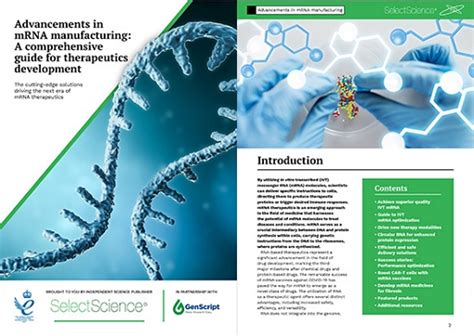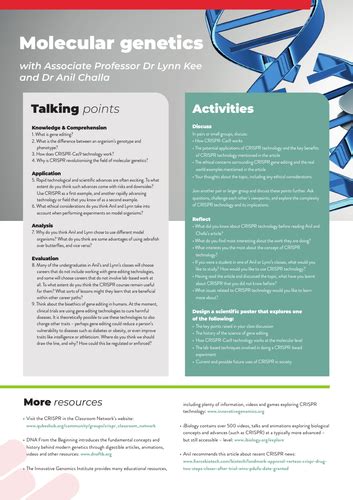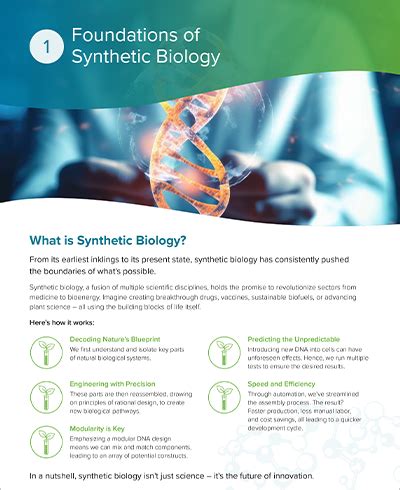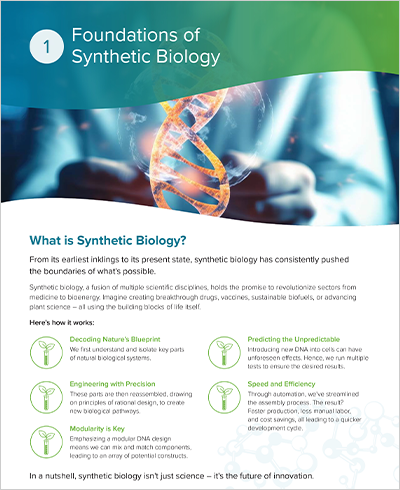Genetic engineering has emerged as a revolutionary force in modern medicine, offering unprecedented possibilities for understanding and manipulating the very building blocks of life. With recent breakthroughs in this field, particularly in genome editing technologies like CRISPR, the potential to treat or even cure previously untreatable diseases is closer than ever. These advancements are not only reshaping medical research but also opening new avenues for personalized medicine, regenerative therapies, and the treatment of genetic disorders. However, with these powerful tools come ethical and regulatory challenges that must be navigated carefully. This article explores the key genetic engineering breakthroughs, their transformative medical applications, and the future prospects that promise to further revolutionize healthcare.
Join tirfblog.com for an in-depth exploration of this topic.
1. Overview of Genetic Engineering
Genetic engineering is the direct manipulation of an organism’s DNA to alter its traits in a controlled and intentional way. This field has progressed rapidly from the initial development of recombinant DNA technology in the 1970s to the sophisticated genome editing tools available today. The foundation of genetic engineering lies in techniques such as gene cloning and gene splicing, and more recently, the use of CRISPR-Cas9, a powerful tool that enables precise modification of the genetic code.
Genetic engineering has far-reaching applications, encompassing fields as diverse as agriculture and medicine. In medicine, it has revolutionized treatment with advancements in gene therapy, the production of genetically modified organisms for drug development, and the creation of model organisms for disease research. By deciphering and manipulating the genetic code, scientists can now target specific genes responsible for inherited diseases, aiming to eradicate them in future generations. This capability to directly alter an organism’s genetic makeup holds immense implications, not only for disease treatment but also for expanding our understanding of biology and enhancing human health.

2. Recent Breakthroughs in Genetic Engineering
Genetic engineering has undergone a remarkable transformation in recent years, driven by groundbreaking advancements. A key factor in this surge has been the refinement and widespread adoption of CRISPR-Cas9 technology. This revolutionary tool allows scientists to precisely target and modify specific genes with unparalleled accuracy, transforming genome editing. The impact of CRISPR-Cas9 is already being felt in the advancement of our understanding of genetic disorders and the development of potential therapies.
A significant advancement is the creation of synthetic genomes. Scientists have achieved the remarkable feat of designing and constructing entire genomes from scratch. This groundbreaking achievement has unlocked new avenues for synthetic biology, paving the way for the development of custom-made organisms capable of producing pharmaceuticals, biofuels, and other valuable substances.
Gene therapy has made remarkable strides, especially in treating previously incurable genetic disorders. A recent example is the FDA’s approval of a gene therapy for spinal muscular atrophy, a severe genetic condition. This approval represents a significant milestone in the medical application of genetic engineering.
Furthermore, researchers are investigating the potential of base editing, a new technique enabling the accurate modification of individual DNA bases without inducing double-strand breaks. This method offers hope for treating a broad spectrum of genetic diseases with enhanced precision and reduced off-target effects.
These breakthroughs are not only transforming the landscape of genetic research but also paving the way for innovative medical treatments.

3. CRISPR and Genome Editing Technologies
CRISPR-Cas9 has emerged as one of the most powerful genome editing tools available, fundamentally changing the landscape of genetic research. Discovered in bacteria as a natural defense mechanism against viruses, CRISPR allows scientists to target specific sequences of DNA and make precise cuts. This ability to edit the genome with such accuracy has opened up unprecedented possibilities in medicine, agriculture, and basic biological research.
The process involves guiding the Cas9 enzyme to a specific location in the genome using a synthetic RNA sequence, where it can then cut the DNA. This cut can either disable a gene or allow for the insertion of new genetic material. The simplicity and efficiency of CRISPR have made it a popular tool for genetic engineering, enabling the development of therapies for genetic disorders, the creation of genetically modified organisms, and advancements in gene drive technology to control disease-carrying pests.
As CRISPR technology continues to evolve, its potential applications in medicine and beyond are expanding rapidly.

4. Medical Applications of Genetic Engineering
Genetic engineering holds immense potential in medicine, with its applications constantly evolving to offer fresh hope for treating and preventing a wide range of diseases. A particularly promising area is gene therapy, which aims to correct or replace faulty genes responsible for certain illnesses. This approach has the potential to cure conditions previously deemed untreatable. For instance, genetic engineering has shown success in treating inherited disorders like cystic fibrosis, hemophilia, and sickle cell anemia by directly tackling the underlying genetic cause of these diseases.
Genome editing technologies, like CRISPR-Cas9, are playing a crucial role in the development of personalized medicine. This approach, which tailors treatments to an individual’s unique genetic profile, enables more precise and effective interventions. A prime example is cancer treatment, where personalized therapies can specifically target the mutations driving the disease.
Beyond its applications in treating genetic disorders, genetic engineering is revolutionizing the production of biopharmaceuticals. These include essential medications like insulin and monoclonal antibodies, which are crucial for managing chronic conditions such as diabetes and autoimmune diseases. Furthermore, genetic engineering is driving advancements in stem cell research, paving the way for regenerative medicine. This emerging field holds the promise of repairing or replacing damaged tissues and organs, offering new hope for patients with various medical needs.
These applications demonstrate the revolutionary power of genetic engineering in modern medicine, holding the potential to profoundly alter the future of healthcare.
5. Ethical and Regulatory Considerations
As genetic engineering technologies advance, ethical and regulatory considerations have become increasingly important. The ability to modify human genes raises complex ethical questions, particularly regarding the potential for unintended consequences, the implications of germline editing (which affects future generations), and the possibility of creating “designer babies” with enhanced traits. These concerns have sparked widespread debate about the moral boundaries of genetic engineering and the potential for misuse.
In response to these challenges, regulatory bodies worldwide have been working to establish guidelines and frameworks to govern the use of genetic engineering. The goal is to balance innovation with the need to protect individuals and society from potential harms. For instance, while somatic gene therapy (which targets non-reproductive cells) is generally accepted and regulated, germline editing remains highly controversial and is restricted or banned in many countries.
Additionally, there are concerns about equitable access to genetic therapies, as these advanced treatments could exacerbate existing healthcare disparities if only available to those who can afford them. As the field continues to evolve, ongoing dialogue and careful regulation will be essential to ensure that the benefits of genetic engineering are realized responsibly and ethically.
6. Future Prospects and Innovations in Genetic Engineering
The future of genetic engineering holds immense promise, with innovations on the horizon that could further revolutionize medicine and other fields. Advances in CRISPR technology, including the development of more precise and efficient genome editing tools like CRISPR-Cas12 and CRISPR-Cas13, are expected to expand the scope of genetic engineering beyond what is currently possible. These tools could enable the correction of more complex genetic mutations and provide new ways to combat diseases at the molecular level.
Researchers are also exploring the potential of gene editing to address age-related conditions and extend human lifespan by targeting the genes associated with aging. Synthetic biology, which involves designing and constructing new biological parts and systems, is another rapidly growing area that could lead to the creation of novel therapies and biotechnologies.
In agriculture, genetic engineering could help develop crops that are more resilient to climate change, pests, and diseases, ensuring food security for a growing global population. As these technologies continue to evolve, the future of genetic engineering promises to bring transformative changes that could benefit humanity in unprecedented ways.
Genetic engineering has ushered in a new era of scientific and medical advancements, offering remarkable potential to treat and prevent a wide range of diseases. From the transformative power of CRISPR-Cas9 to the promise of gene therapy and synthetic biology, these breakthroughs are reshaping our approach to medicine and biotechnology. However, as we navigate these innovations, it is crucial to address ethical and regulatory challenges to ensure responsible use and equitable access. The future of genetic engineering is filled with exciting possibilities, poised to drive significant progress and improve human health in ways previously thought impossible.
tirfblog.com

